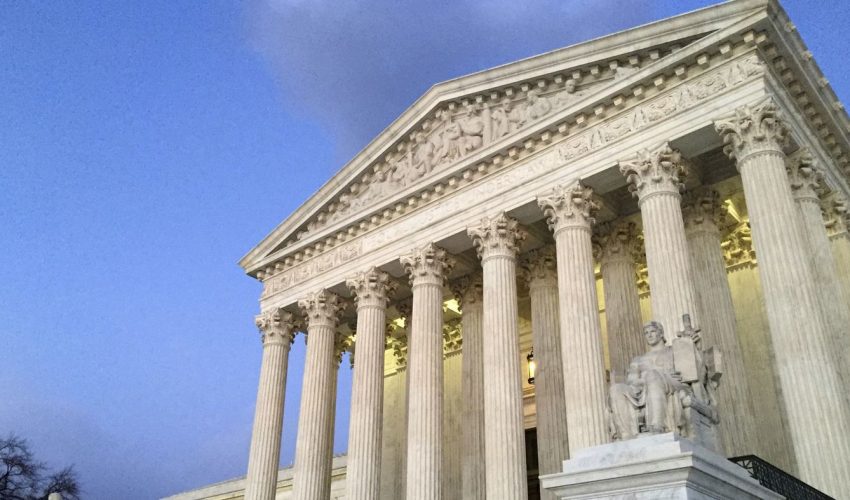In the Lucia v. Securities and Exchange Commission decision last week, the Supreme Court of the United States held by a vote of 7-2 that the Securities and Exchange Commission’s administrative law judges are “inferior officers of the United States” for purposes of the Constitution’s Appointments Clause. Utah and thirteen of our sister states filed an amicus brief urging the Court to reach that very decision due to important federalism concerns.
Bottom line:
Because of this decision, states will be better able to hold our federal representatives accountable for the types of persons they install to make decisions affecting a broad array of state interests.
Why is this important?
Inferior officers of the United States exercise significant federal power. For example, the SEC’s ALJs have power to conduct trials, take evidence, and issue decisions affecting people’s ability to practice their profession and earn a living. The Appointments Clause allows States and other interested parties to hold the President and the Senate politically accountable for the types of persons they install to perform those important federal functions.
Lucia does not directly affect the States, since the States do not appear as parties in SEC adjudications. But Lucia has significant implications for other federal ALJs before whom States appear, such as ALJs in the Department of Interior. Lucia clarifies that if ALJs at DOI perform functions similar to the SEC’s ALJs, they too must accede to their offices in accordance with the Appointments Clause’s mandates.
You can read Utah’s Amici Brief here, and find the entire U.S. Supreme Court opinion here.
More on SCOTUSblog.
Shout out to Utah’s Solicitor General, who led out and wrote the brief.

